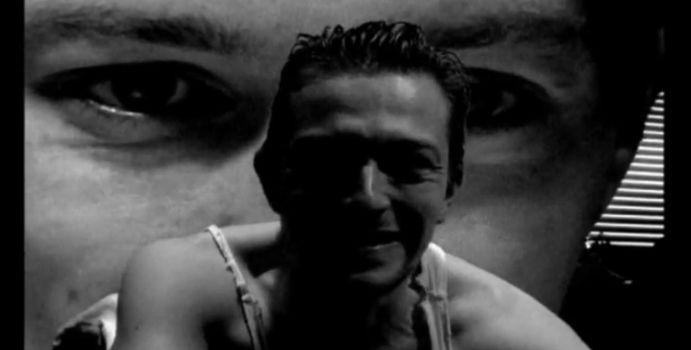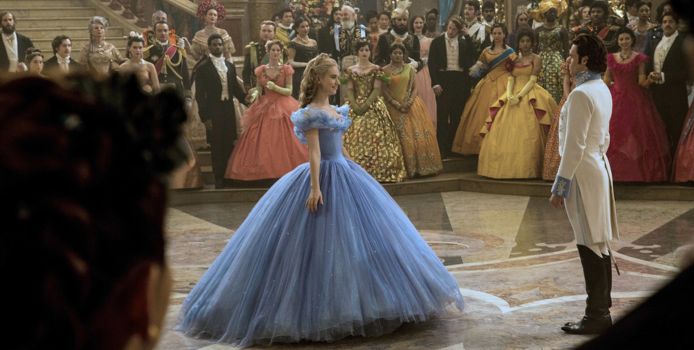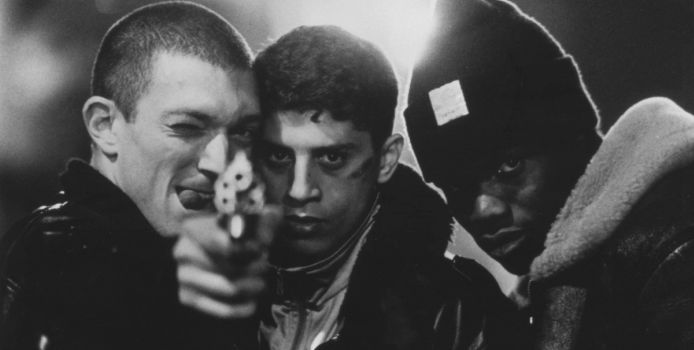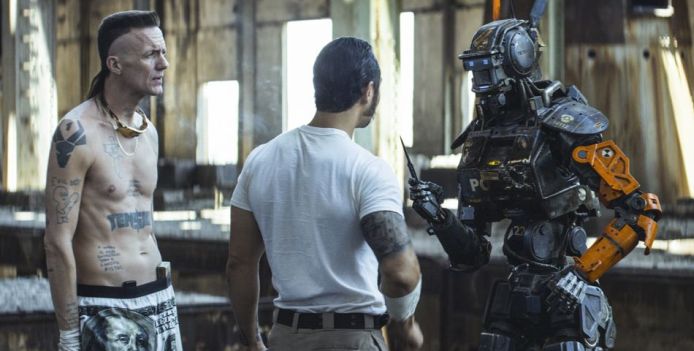
Neil Blomkamp is still a relatively new director in the game, though he has now done three movies. His first, District 9, is an intensely original feature, focusing on the subject of extraterrestrials who have come to Earth and suffer to live alongside the community of South Africa. It is at once both entertaining and politically charged, and was so well-received upon its release that it was even nominated for Best Picture at the Oscars, a very rare accomplishment for a sci-fi.
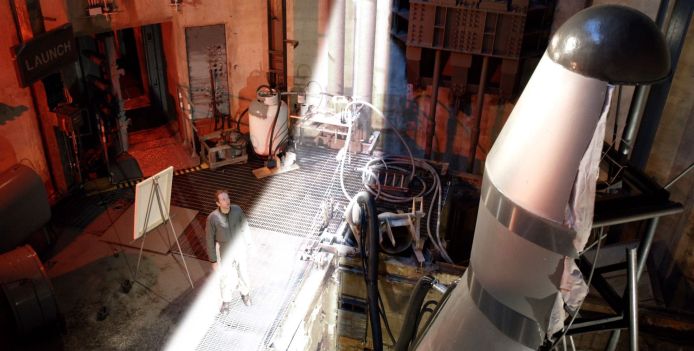
Silo is a short film made by the filmmaker David Soll and starring Chris Green. Like many short films Silo is a silent piece (without dialogue but not without sound). But unlike many shorts, which like to take a brief and artistic approach to a story, Silo has been made with a clearly structured narrative.
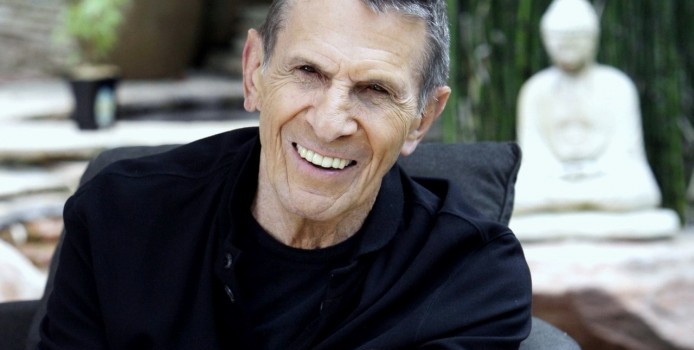
The passing of a film icon always hits me hard. Mostly because of the realization that actors are as human as the rest of us; knowing that I’ll never have the chance to meet him in person or see him in another movie. Leonard Nimoy started his performance career at the age of 20, but did not become truly recognizable until 1966, when his portrayal of the half-human, half-Vulcan science officer on Star Trek put him on the map.
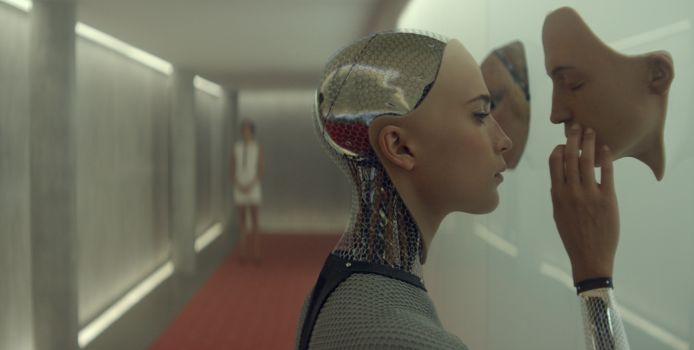
The role of technology in the 21st century is one of the most important topics of our time, and has been reflected in many of our current films. Movies such as Her, Wall-E, Minority Report, and The Matrix all delve into the possibilities of technology-obsessed society, and Ex Machina is no exception. Caleb, a young computer programmer, ventures deep into the forest to participate in a study of the human qualities of the incredibly life-like robot, Ava.

One of the worst clichés that appears in an alarmingly large number of movies is the “two kinds of people in this world” speech. In Focus, Will Smith’s suave con artist Nicky Spurgeon tells his protégé/part-time lover Jess Barrett (Margot Robbie) his version of the done-to-death cliché: there are two types of people, hammers and nails.




